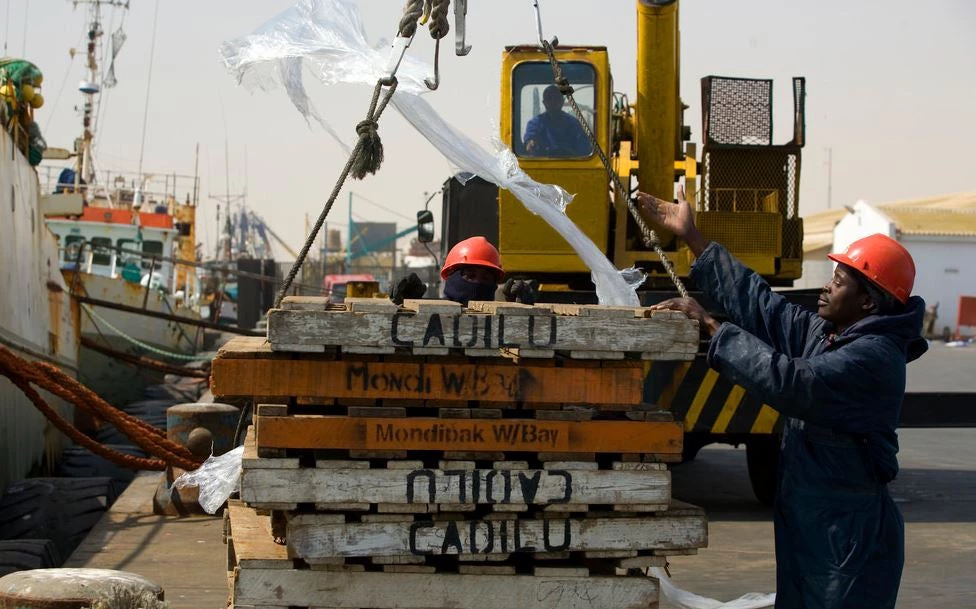
On December 14th and 15th donor and borrower country representatives of the World Bank Group will meet in Yogyakarta, Indonesia to finalize details for the 18th replenishment of IDA. The final agreement on IDA18 is expected to usher in a new era for IDA, the Bank’s fund for the poorest, dramatically increasing the level of financing and the potential for impact on development for the world’s poorest countries.
Central to the discussions on IDA over the past year has been the issue of jobs – how to deliver more jobs to meet the demands of a growing youth population; how best to improve job quality, particularly for the vast majority of workers in IDA countries who struggle in subsistence-level self-employment and other forms of informal employment; and how to make jobs more inclusive to women, youth, and populations in remote and lagging regions.
This is agenda is nothing new to the World Bank. Over the past decade, the World Bank has committed more than $100 billion to support the jobs agenda in IDA countries through private sector development and economic transformation. During IDA17, further focus was put on jobs, resulting in the establishment of the Jobs Group and the launch of in-depth Jobs Diagnostics in 15 IDA countries. Complementary new initiatives such as the Africa Gender Innovation Labs have enabled much greater understanding of the nature and determinants of gender segmentation in labor markets, and of how to overcome them.
While the promise of substantial additional funding to support efforts toward economic transformation for more, better, and inclusive jobs is much welcomed, the benefits of the new agreement on IDA will go well beyond financing. Indeed, the high priority given to jobs in IDA18 promises a qualitative transformation in the way the Bank approaches and delivers on the jobs agenda in IDA countries. Jobs will increasingly become the focus and measure of what we do – it will be a critical outcome in its own right rather than simply an assumed derivative of growth.
With the commitments on jobs in IDA18, we will be introducing new approaches to operations and new financial instruments, while also introducing new analytics and tools and deepening existing ones to ensure we deliver greater value for money in IDA18. We will also put substantially more efforts into the measurement agenda, so that we have a better understanding of how investments impact the number and nature of jobs within countries and across value chains. Finally, we will also focus on addressing some of the specific challenges and opportunities highlighted in IDA18, including issues of migration, youth employment, fragility, and regional integration.
To guide these efforts, the World Bank Group has made policy commitments in four critical areas which reflect the cross-cutting nature of the jobs challenge:
- To support economic transformation through trade and diversification, the World Bank Group will increase its support to help countries integrate into global and regional value chains (by scaling up IDA regional sub-window), and help promote cross-border infrastructure and regional trade integration;
- To improve job quality and inclusion, new approaches to youth employment programs will be launched, along with increased use of impact analysis of small and medium enterprises (SMEs) and entrepreneurship programs to deliver improved outcomes for women and youth;
- To respond to specific challenges for workers and firms in high-risk contexts, the World Bank Group will put additional resources to identify and address the causes and consequences of economic migration.
- IDA 18 will also see the launch of a major innovation – the IFC/MIGA Private Sector Window – to catalyze private sector investment in high-risk environment, particularly in fragile states.
- Finally, the World Bank Group will continue to improve the impact of operations in creating jobs by deepening our analytical tools to help identify factors that shape jobs outcomes and measure the results of jobs-related interventions, including through strengthening of Jobs Diagnostics and the introduction of tools for spatial analysis of jobs.
Follow the World Bank Jobs Group on Twitter @wbg_jobs.


Join the Conversation